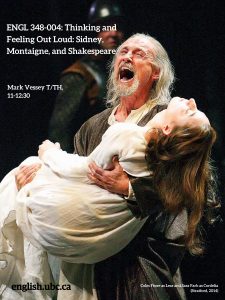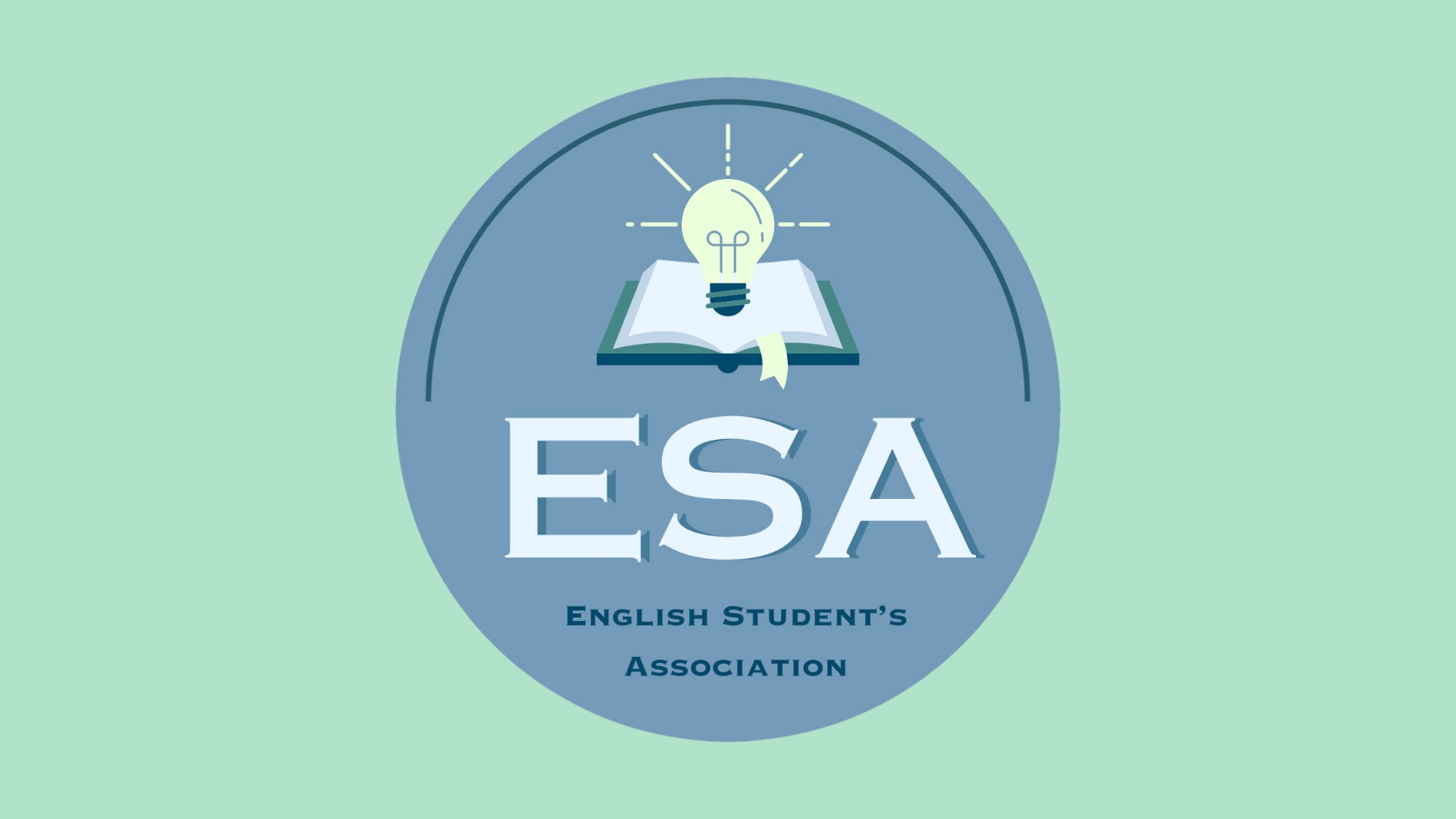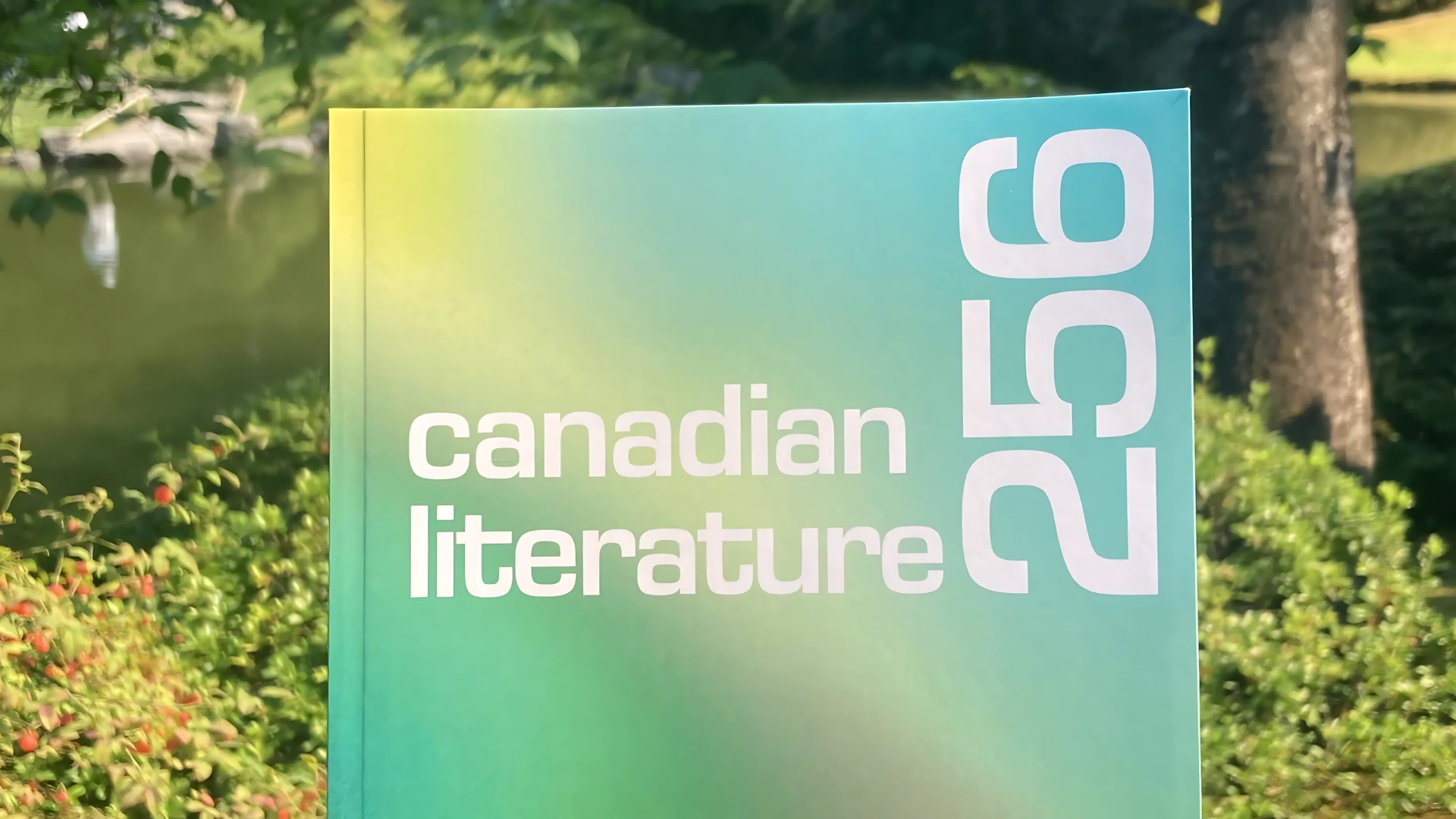Shakespeare
Term 2
TTh, 11:00 AM – 12:30 PM
“Thinking and Feeling Out Loud: Sidney, Montaigne, and Shakespeare”
The opening line of King Lear—when Kent tells Gloucester and Edmund, “I thought the king had more affected the Duke of Albany than Cornwall”—sets the terms for this course and for all psychology, sociology and political science. How do we know what others think and feel? Why do we believe them? Why should they believe us? How do shared thought and feeling influence the actions of people in the world? Shakespeare’s play stages those questions as they arise in a critical form from Cordelia’s refusal, a few lines further on in the same scene, to “heave / [her] heart into [her] mouth” and say out loud how much she loves the king, her father—a silence with heavy consequences for the kingdom.
The complex of socio-cultural phenomena that we call the European Renaissance was an affair of new media (such as printed books and—in England—a “secular” public drama), new or newly fashionable written genres or platforms of expression (such as sonnets and essays), and new theories of how media and discourses work on culture and society (including theories of poetry or literature).
This course walks through some of the social media innovations launched and adopted in England in the last decade of the sixteenth century and the first decade of the seventeenth. While participants will be encouraged to draw on other material from the period, accessible online and/or from UBC Library, class-work will focus closely, steadily and slowly on handheld printed copies of the primary texts listed below. Students should expect to learn short texts by heart and to recite them aloud, to compose sonnets and essays that broadly respect the rules of the Renaissance genres, and to engage intently with the play of King Lear along lines suggested by a recent pioneering work in cognitive criticism by Terence Cave (listed separately below).
Course Requirements:
- Written work before the exam: 50%
- Attendance, in-class contributions and presentations: 25%
- Final exam: 25%
Texts:
NB: Other editions of the primary texts are also in print but only those listed below are acceptable for class. Copies will be stocked by the UBC Bookstore.
(Sir) Philip Sidney. An Apology for Poetry. Ed. Geoffrey Shepherd and R. W. Maslen. ISBN 0719053765
The Complete Essays of Montaigne. Trans. Donald M. Frame. Stanford University Press. ISBN 0804704861 [Also available as an audiobook, read by Christopher Lane.]
Shakespeare’s Sonnets. Ed. John Kerrigan. Penguin. ISBN: 0141909706
Shakespeare. King Lear. Ed. R. A. Foakes. Arden Shakespeare (3rd series). ISBN 0174434618
Terence Cave. Thinking with Literature: Towards a Cognitive Criticism. Oxford UP. ISBN 0198824640. Available online via UBC Library. See below for publisher’s description:
To speak of ‘thinking with literature’ is to make the assumption that literature (in the broadest sense) is neither a side-show nor a side-issue in human cultures: it belongs to the spectrum of imaginative modes that includes both philosophical and scientific thought. Whether one regards it as a practice or as an archive, literature is highly pervasive, robust, enduring, and pregnant with values. Thinking with Literature argues that what it affords above all is a way of thinking, whether for writer, reader, or critic. Literature constitutes one of the prime instruments of cultural improvisation; it is the embodiment of a powerful, inventive, and ever-changing cognitive agency. As such, it invites a cognitive mode of criticism, one which asserts the priority of the individual literary work as a unique product of human cognition. In this book, discussions of topics, arguments, and hypotheses from the cognitive sciences, philosophy, and the theory of communication are woven into the fabric of a critical analysis which insists on the value of close reading: a poem by Yeats, a scene from Shakespeare, novels by Mme de Lafayette, Conrad, Frantzen, stories from Winnie-the-Pooh, and many others appear here on their own terms, with their own cognitive energies. Written in an accessible style, Thinking with Literature speaks both to mainstream readers of literature and to specialists in cognitive studies.



